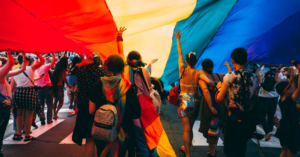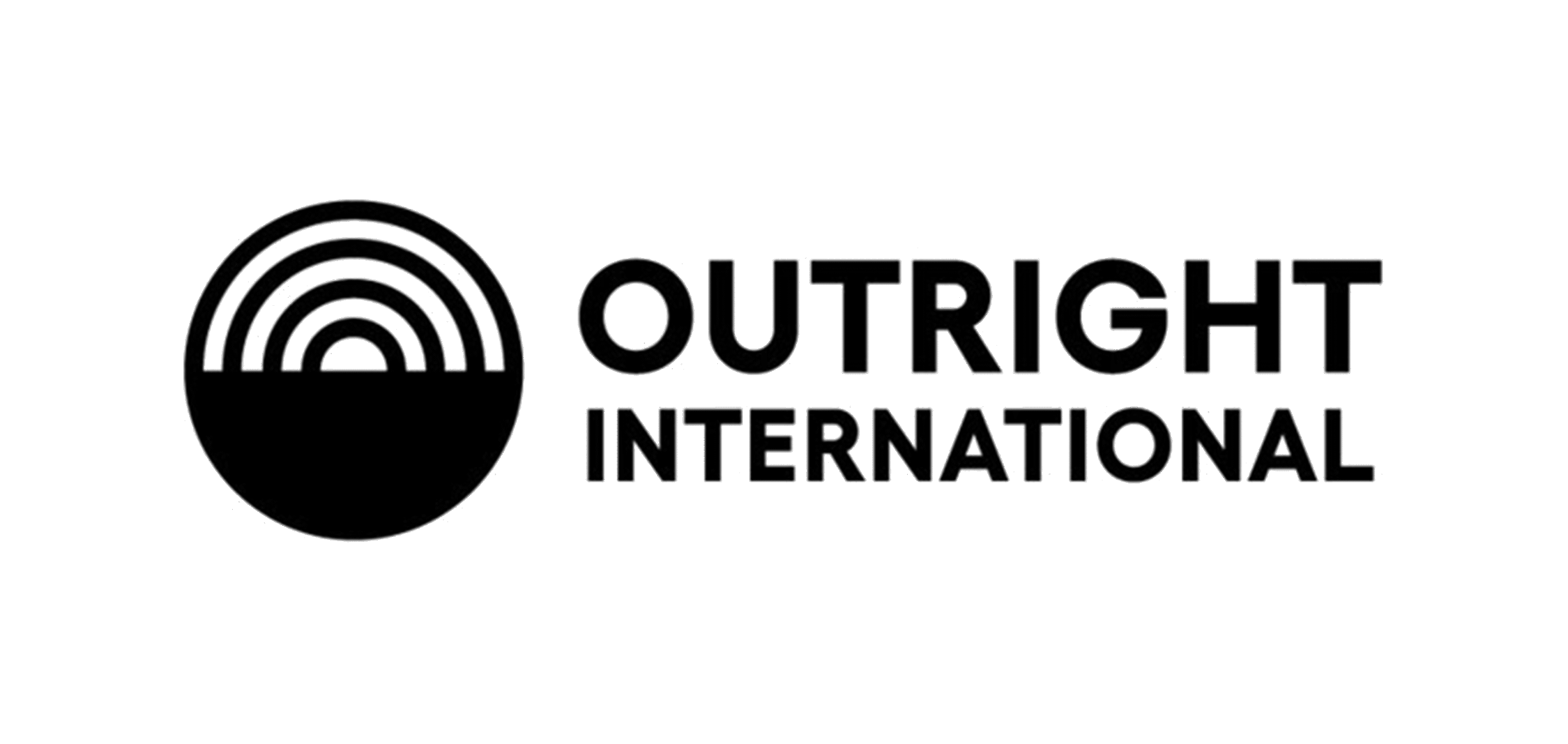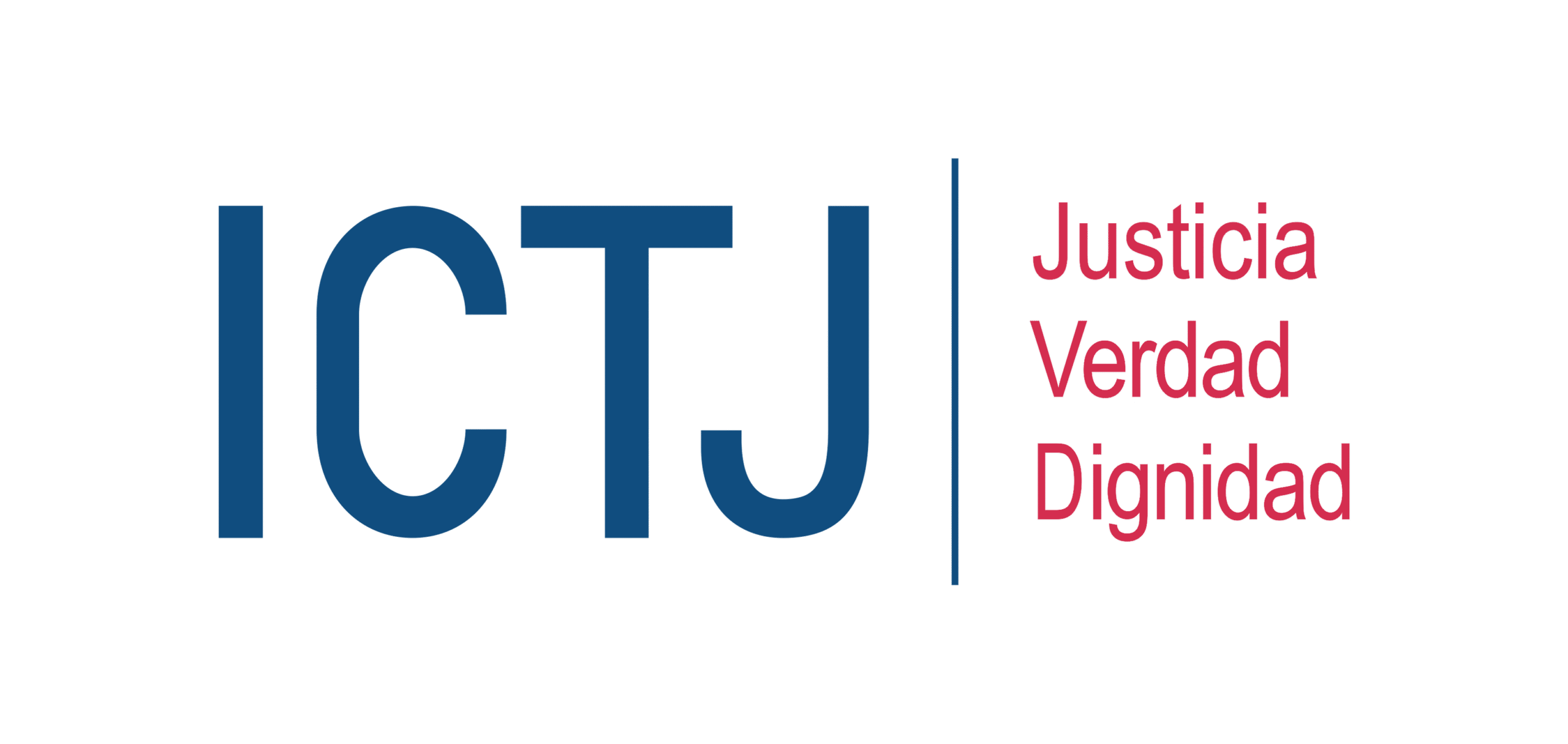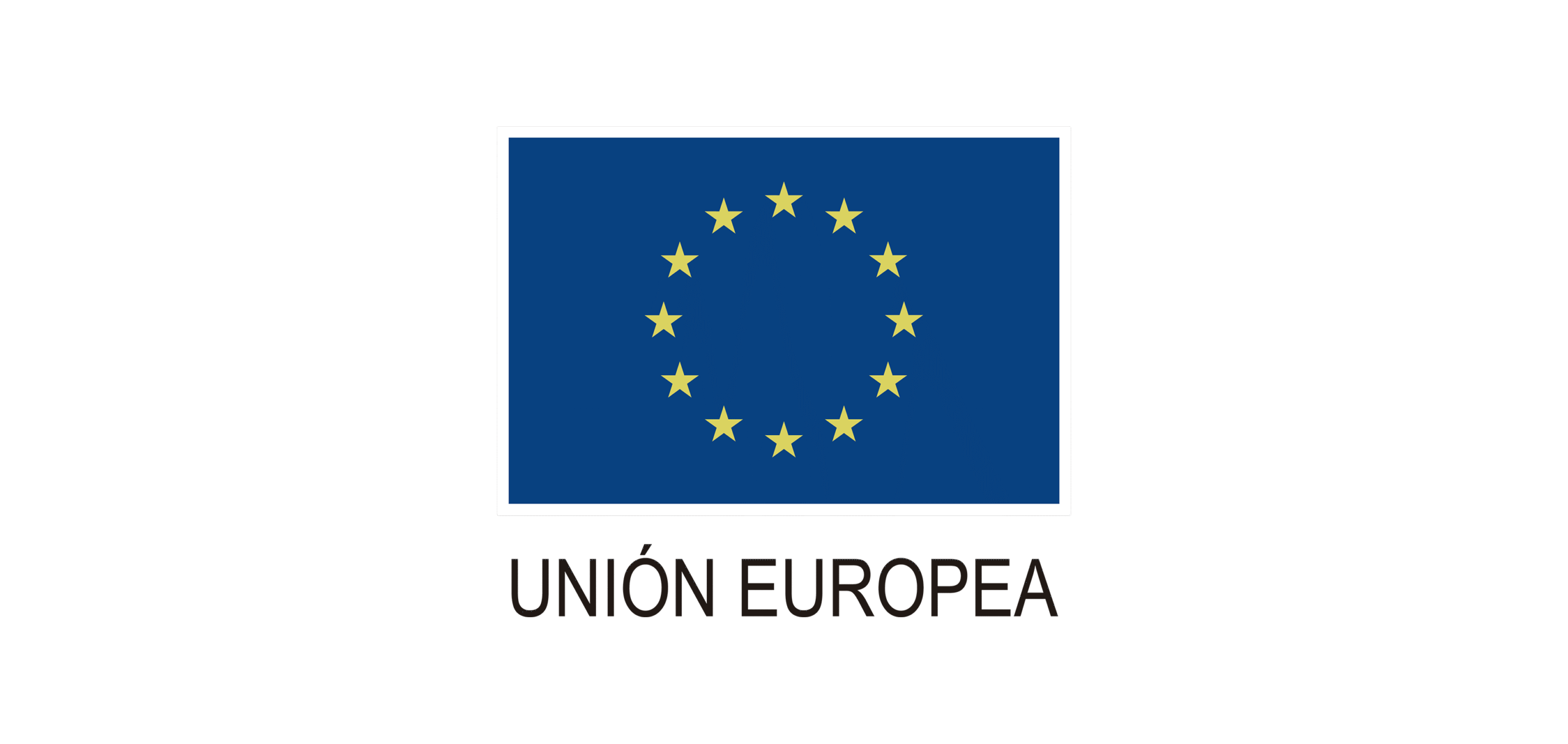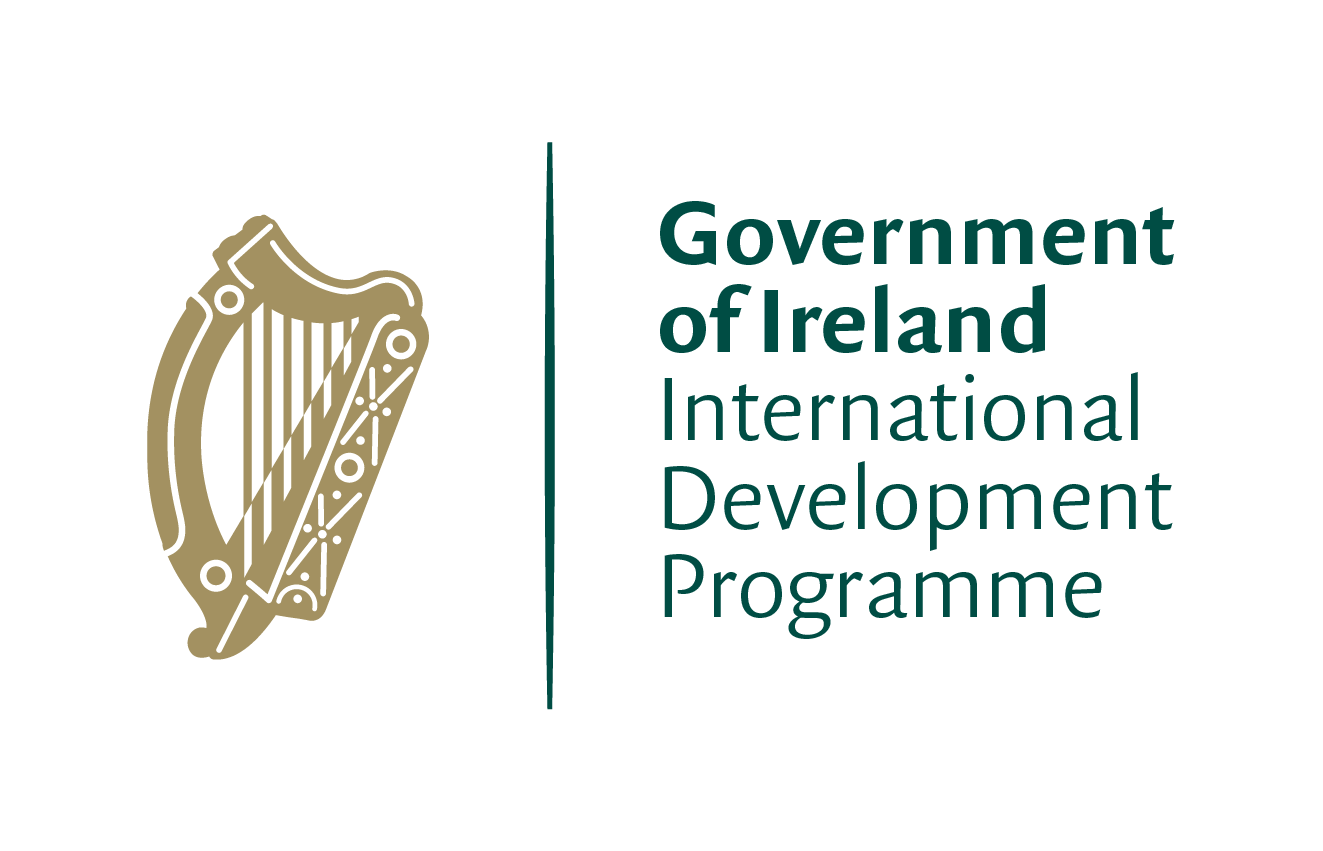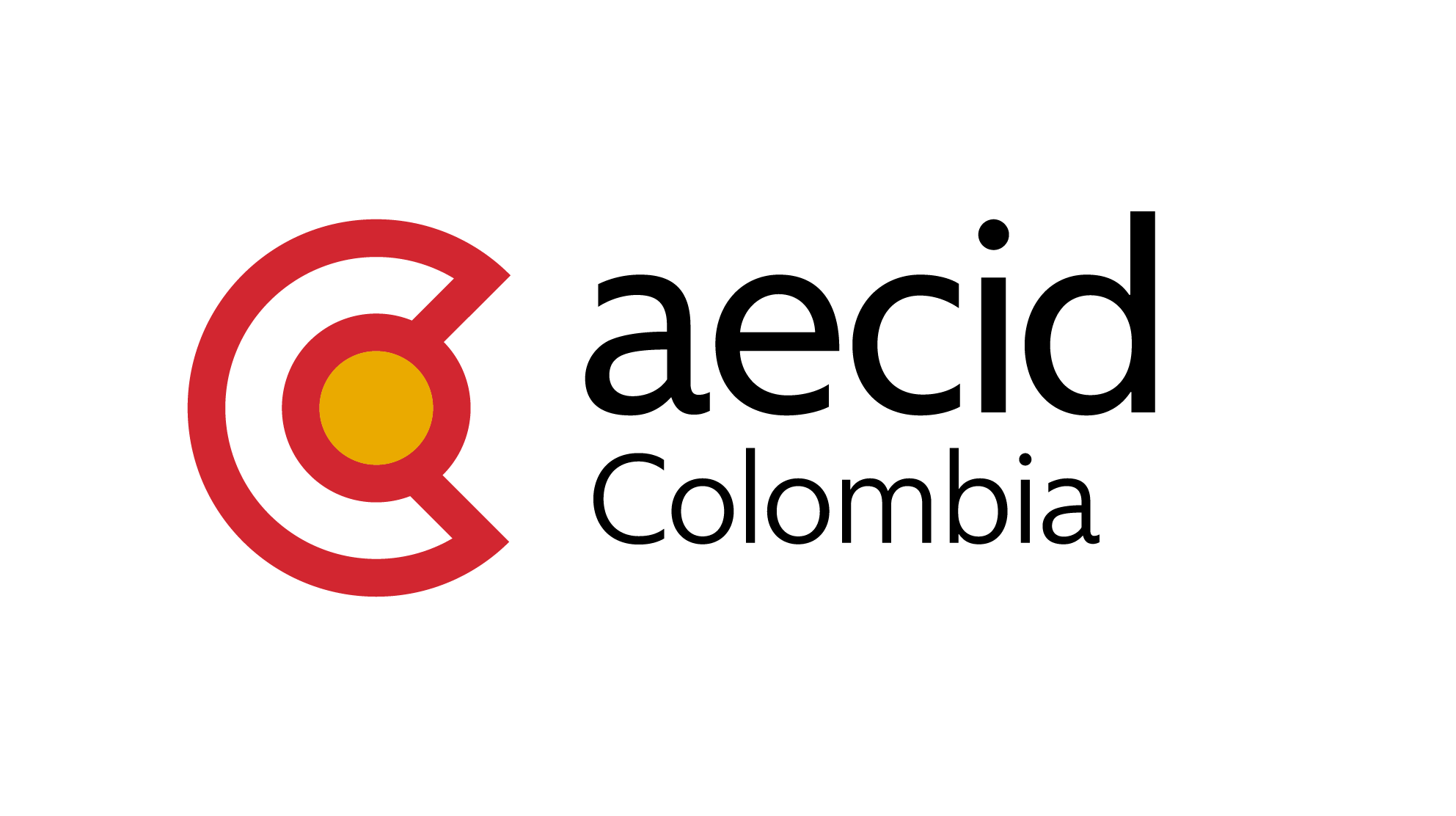Civil society took part in a hearing in the Congress of the Republic to make known their perception of the lengthy process of implementing the LGBT public policy. All this in a context in which this population is the target of acts of discrimination and violence that are not investigated or, for the most part, go unpunished.
In 2011, Pamela*, a trans woman, was refused entry to a bar because of her gender identity. After several months, her case came to the Constitutional CourtThe Ministry of the Interior should serve as a roadmap to overcome the various historical barriers faced by lesbian, gay, bisexual and transgender people in accessing their rights, because, like Pamela's case, there are many transgender women, children, young people, adolescents and other people who are victims of serious discrimination.
It took more than four years for the government of Juan Manuel Santos to start formulating the policy, the actions, the thematic axes and the way in which it would be implemented. During 2015, the project was on track, until a year later, in 2016, pressure from conservative and evangelical groups led the Home Office to step back and reduce the scope of the policy.
This situation and the lack of consultation delayed the process for another two years. In May 2018, the national government was obliged to issue a decree (Decree 762 of 2018) to formalise the national LGBT public policy and give free rein to its implementation in the national territory. However, the arrival of a new government with little political will for sexual and gender diversity issues led to the implementation of this instrument being put on hold and silence became the protagonist.
In 2019, after another year of uncertainty and under pressure from civil society, the Ministry of Interior made a public statement assuring that the implementation of the LGBT public policy was already beginning, however, the lack of transparency in this process, among other factors, led activists, including Laura Weinstein, director of GAAT, to file a tutela before a judge demanding that the Ministry of Interior materialise what was on paper.
In the face of multiple delays, Mauricio Toro and Jorge Alberto Gómez, House Representatives for Bogotá and Antioquia respectively, decided to hold a hearing in Congress to learn about the state of LGBT public policy, the opinion of activists and civil society organisations, and to evaluate the possibility of holding a political control hearing with the Ministry of the Interior.
"Without clear guidelines from the national government, transversal to all entities of the same order, it will not be possible to have an action plan and a public LGBT policy.He added: "This is even more so when it is framed within the national human rights system, where the Presidential Human Rights Advisor's Office plays a leading role. Juan Felipe Rivera, Colombia Diversa's Litigation Coordinator, during the hearing.
After more than 10 interventions by activists and human rights organisations, the Ministry of Interior assured that it will establish a mechanism to ensure the participation of civil society. For their part, representatives Mauricio Toro and Alberto Gómez will continue to evaluate different options so that the action plan of the national LGBT public policy is a joint work between the competent public entities and civil society.
In the meantime, human rights organisations continue and will continue to document acts of violence and discrimination that, they claim, are only combated with structural transformations that start with actions such as the creation of public policy. that the most vulnerable sectors of lesbian, bisexual and transgender people in Colombia have been demanding for almost a decade.

